Humans news stories
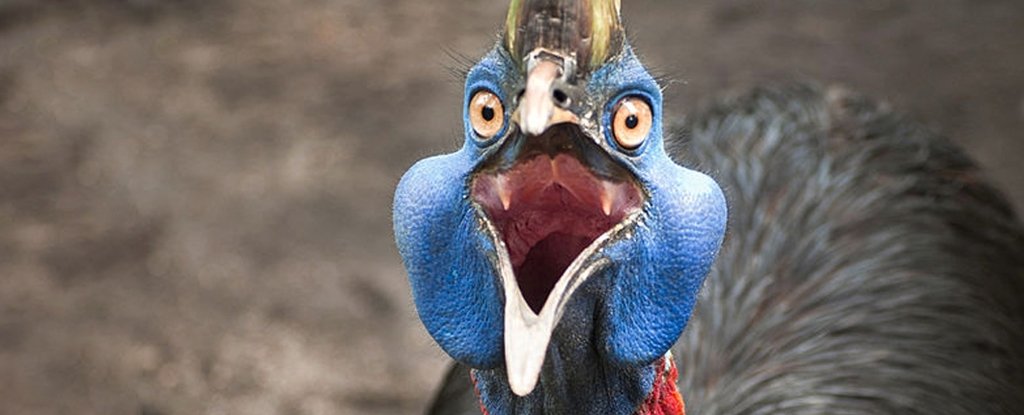
With powerful legs tipped by dagger-like talons, capable of eviscerating you with a single kick, cassowaries are the bird that most lives up to the moniker of a modern dinosaur.
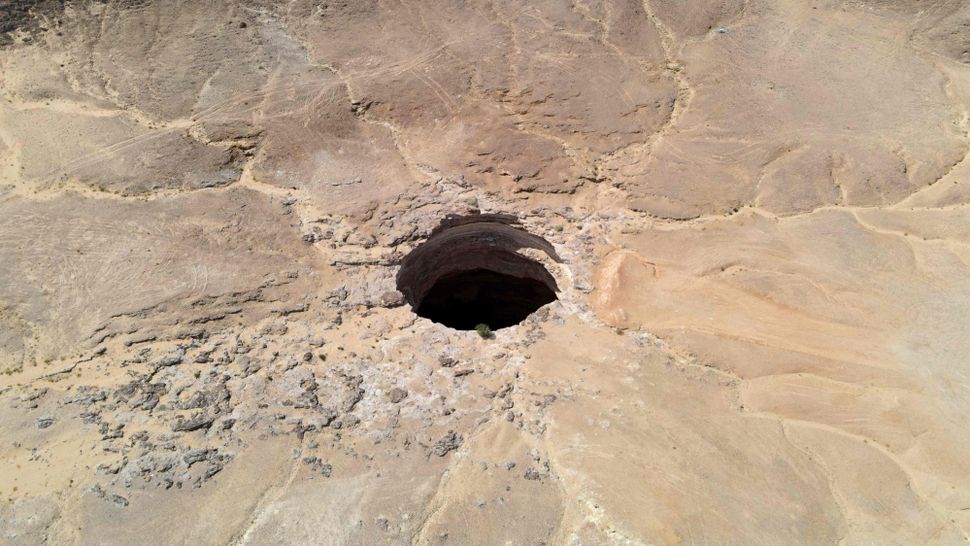
Many local people believe the enormous pit is a prison for genies and a gateway to the underworld.
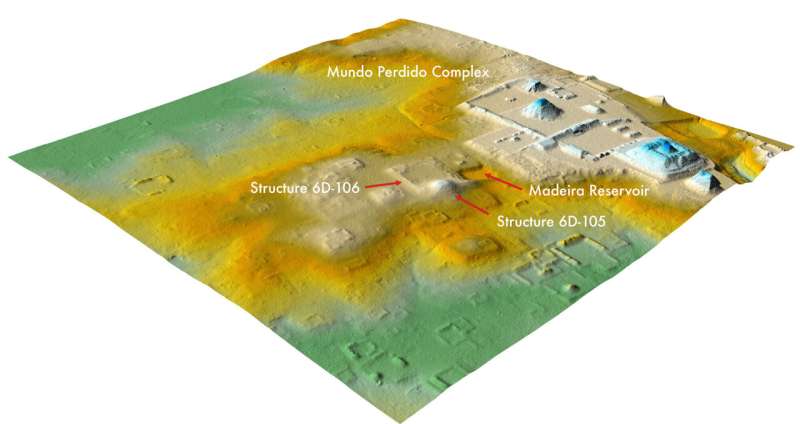
A startling recent discovery by the Pacunam Lidar Initiative, a research consortium involving a Brown University anthropologist, has ancient Mesoamerican scholars across the globe wondering whether they know Tikal as well as they think.

Researchers excavating a cave network on the Rock of Gibraltar have discovered a new chamber, sealed off from the world for at least 40,000 years, that could shed light on the culture and customs of the Neanderthals who occupied the area for a thousand centuries.
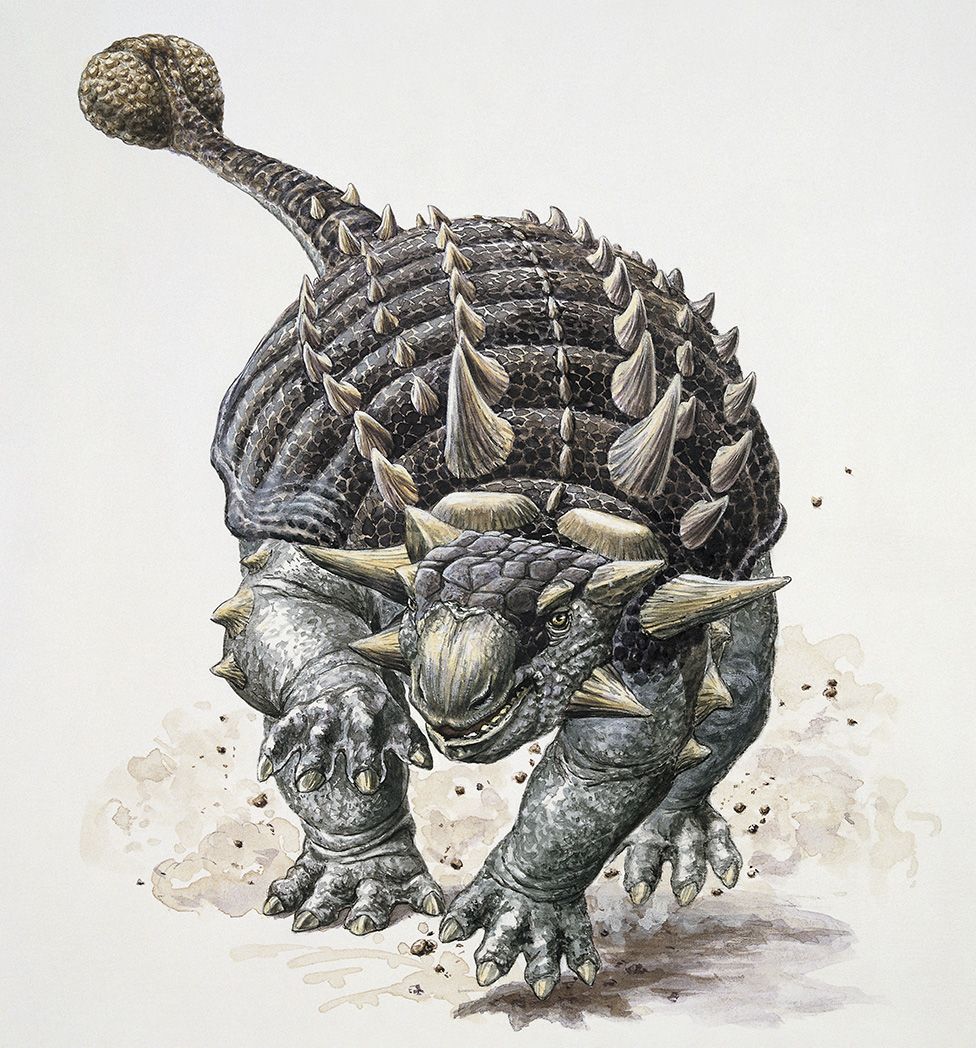
“Think of a coffee table. Short, broad, covered in spikes and walking towards you. That’s an ankylosaur!”
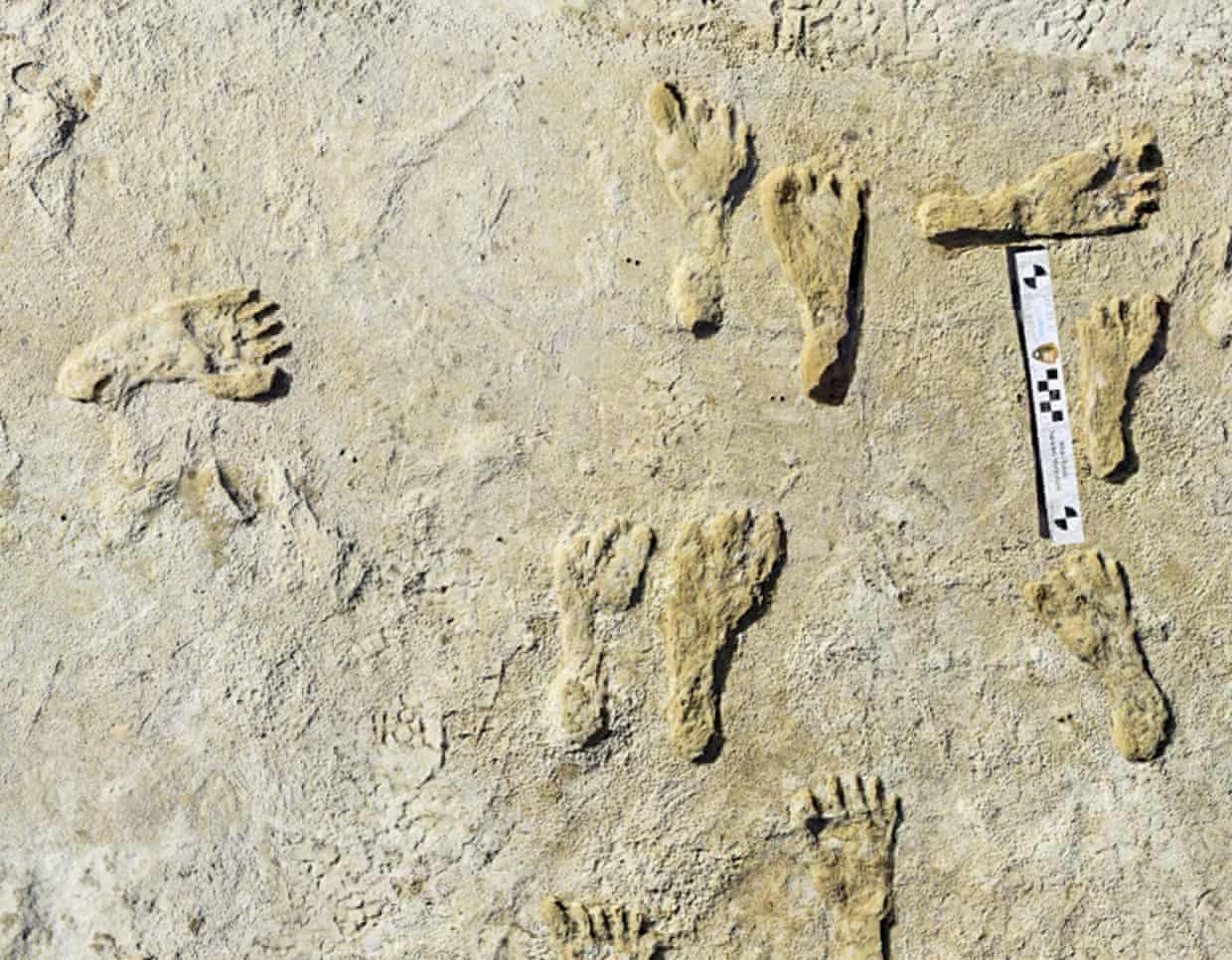
New scientific research conducted by archaeologists has uncovered what they believe are the oldest known human footprints in North America.
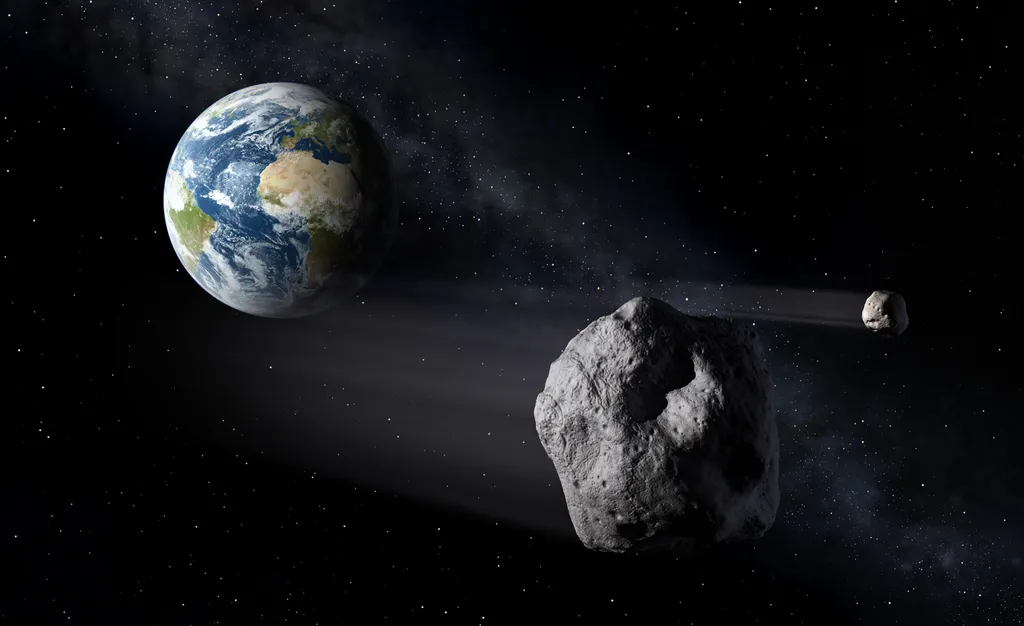
On Friday, April 13, 2029, Earth will experience a dramatic close encounter with the asteroid 99942 Apophis
:focal(800x602:801x603)/https://tf-cmsv2-smithsonianmag-media.s3.amazonaws.com/filer_public/7a/5d/7a5dc96a-393e-4673-83e9-7c76614ef148/gettyimages-549344481_web.jpg)
New research published today in Nature makes the intriguing suggestion that the Polynesians who erected those mysterious stone figures on islands thousands of miles apart were actually descended from the same group of explorers.

Modern roads and developments share more similarities with ancient urban centers than we often realize – which is certainly the case with the sprawling Teotihuacan settlement, once located around 40 kilometers (25 miles) northeast of Mexico City.

Activists in Italy say they’ve gathered enough signatures to qualify a ballot measure that would decriminalize personal cultivation and use of not only marijuana but also psilocybin mushrooms and certain other psychoactive plants for personal use.

In the 12th century, Chinese and Japanese astronomers spotted a new light in the sky shining as brightly as Saturn.

In the Middle Bronze Age (about 3,600 years ago or roughly 1650 BCE), the city of Tall el-Hammam was ascendant.
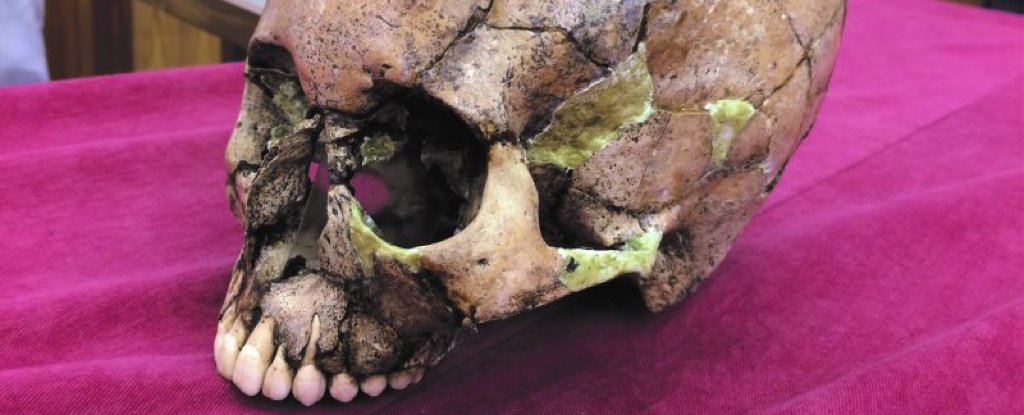
Researchers have rewritten Japanese history after uncovering a third, and previously unknown, group of ancestors that migrated to Japan around 2,000 years ago, of modern-day Japanese populations.
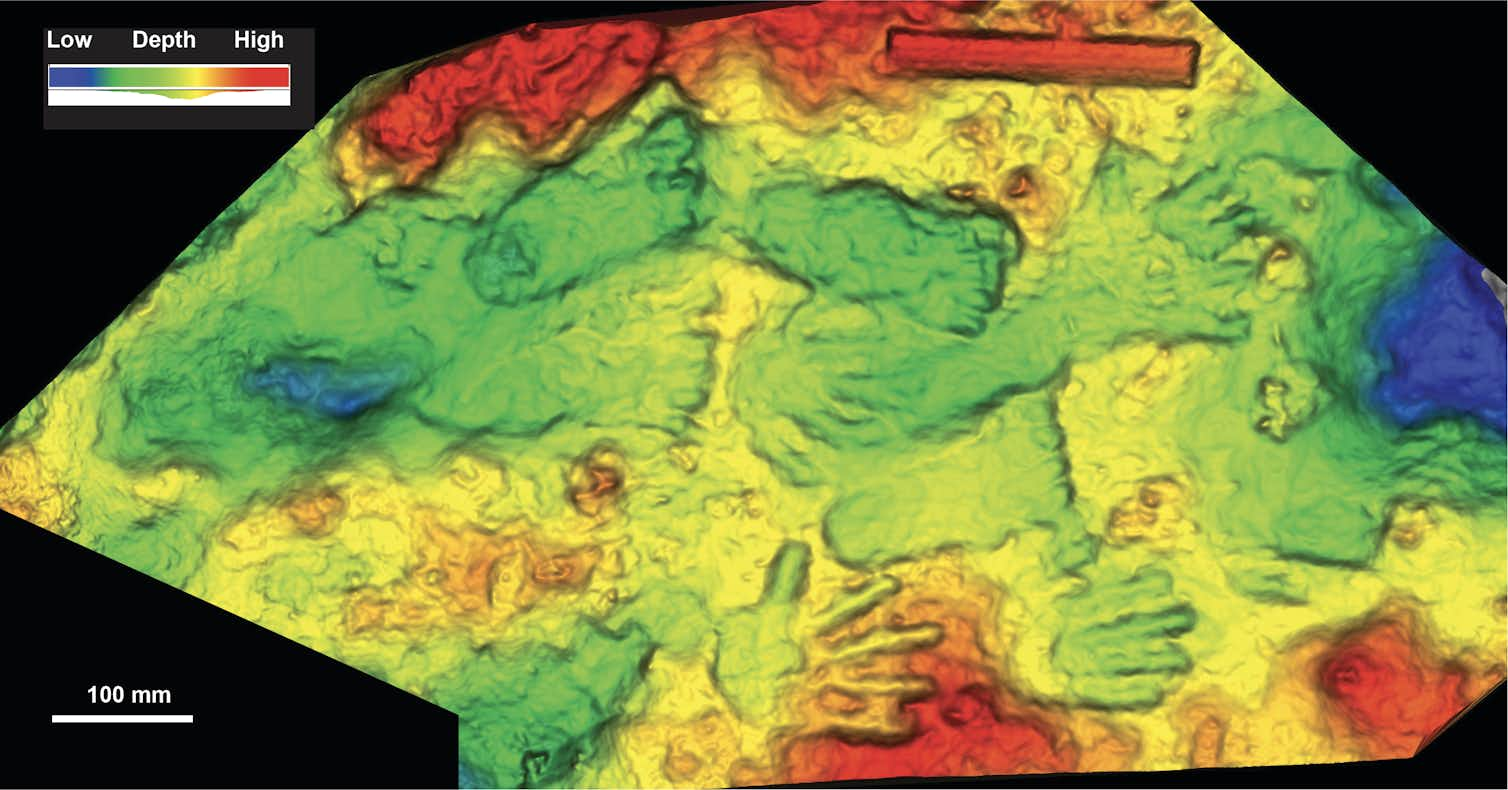
In new research our international team have discovered ancient hand and footprints high on the Tibetan plateau made by children.
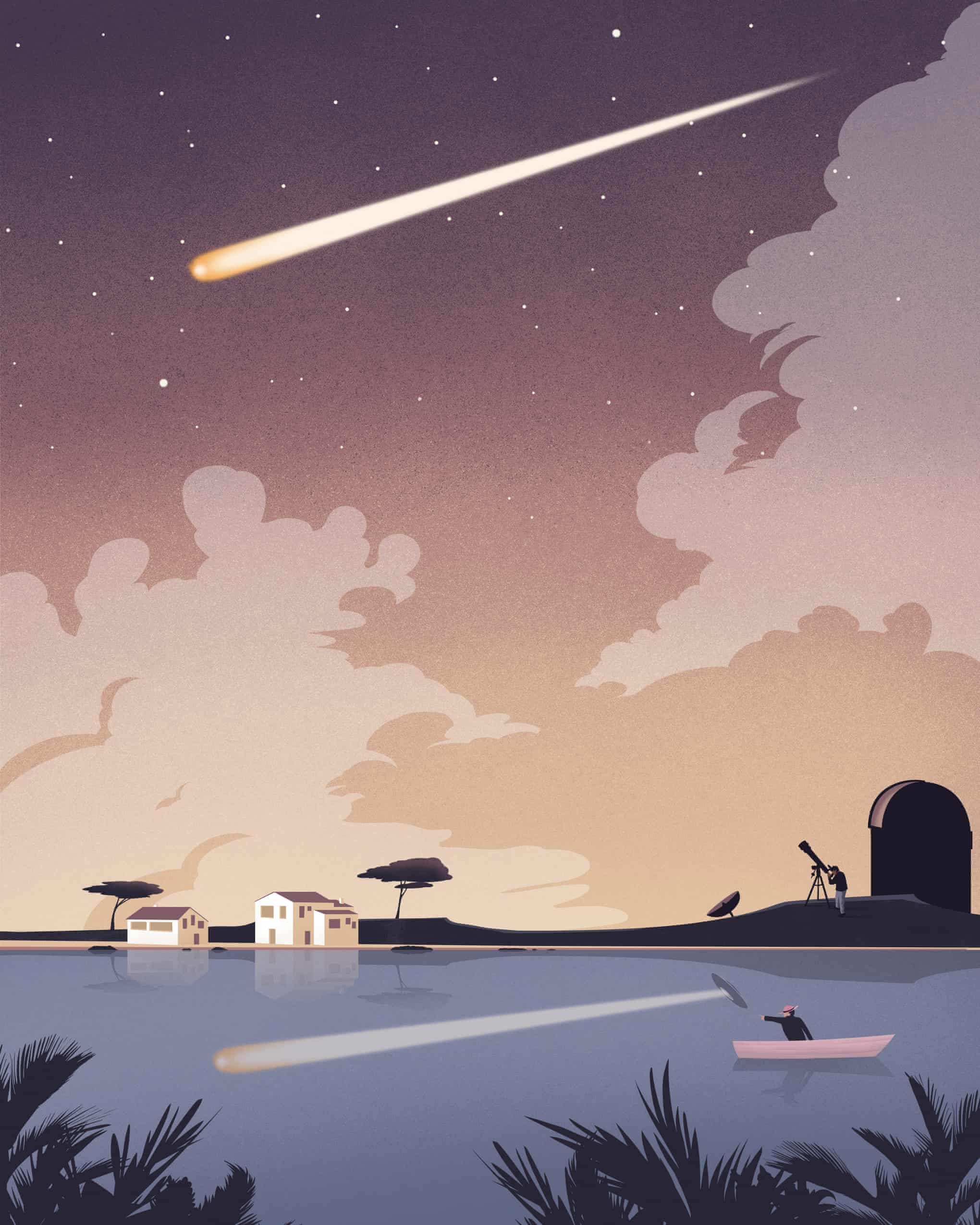
The Pentagon has been quietly investigating unidentified flying objects since 2007. The fact that they think they might exist is good news to those who claim to have seen them.
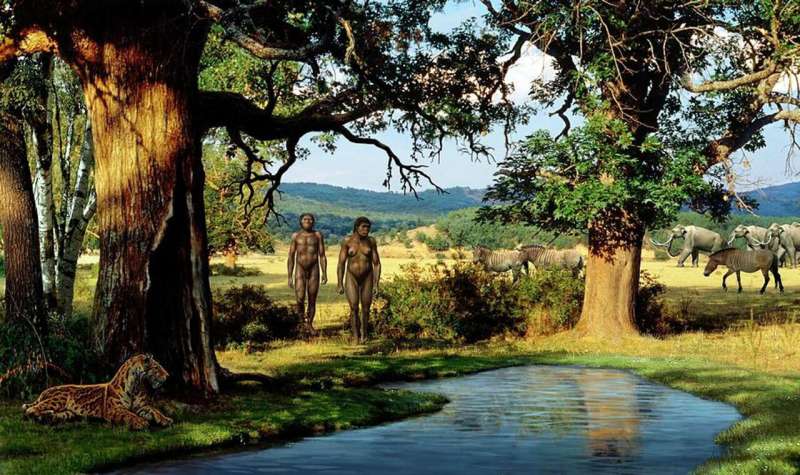
Understanding the environmental conditions under which early humans dispersed out of Africa is important for understanding the factors that affected human evolution.








